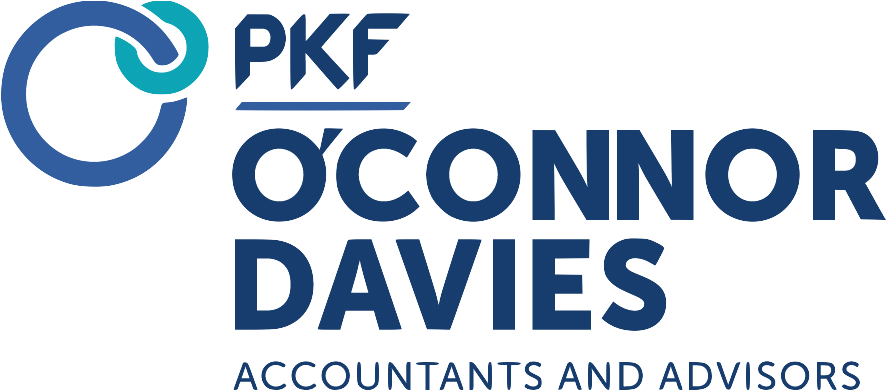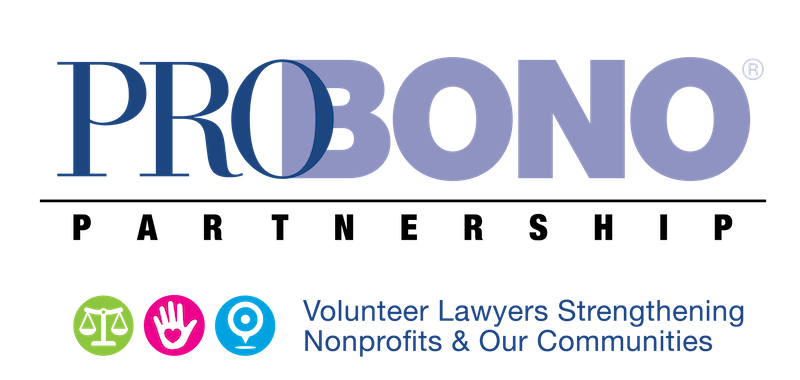Site Search
- resource provided by the Forum Network Knowledgebase.
Search Tip: Search with " " to find exact matches.
Join funder colleagues to learn about two newly created funds to help address the challenging environment many nonprofits are experiencing today. United Way organizations in New Jersey have a long history of strengthening local communities by providing direct support and fostering collaboration across sectors. In response to the evolving needs of nonprofits and the communities they serve, six United Ways have partnered to establish the New Jersey Sustainability and Resiliency Fund. Learn about how the this newly created fund can help nonprofits recover, adapt, and thrive in the face of ongoing challenges. Equip NJ is also working to establish a fund to assist nonprofits focused on policy and systems change. To set the stage for this introduction, we’ll hear from our colleagues at the New Jersey Center for Nonprofits about how the upheaval of critical supports and systems nationally are posing grave threats to New Jersey’s nonprofit organizations and the people and communities they serve.
Cost: Free for CNJG Members; $75 for Non Member Grantmakers
This program is only open to staff and trustees from grantmaking organizations.
Webinar Video
CNJG's Storify content from their Signature Events.
Foundations Facilitate Diversity, Equity, and Inclusion: Partnering with Community and Nonprofits, a new report by the OMG Center for Collaborative Learning, confirms that foundations can, in fact, facilitate diversity, equity, and inclusion (DEI) through their grantmaking processes and their partnerships with nonprofits—and identifies eight specific practices for foundations to emulate.
The report takes a deep dive into the work of nine foundations that represent a diverse cross-section of types and sizes, and offers useful lessons about how foundations can better partner with nonprofits to be more effective in their work.
Virtual Marketplace
The Virtual Marketplace provides a list of vendors providing services of particular interest to the philanthropic community.
The Council of New Jersey Grantmakers encourages its members to conduct their own due diligence when selecting vendors. This listing does not imply endorsement by CNJG.
If you are interested in being listed here, please contact us.
Marketplace Vendors
Tom Knowlton
CEO | CSR Talent Group
New York, NY
1-917-751-4482
[email protected]
www.csrtalentgroup.com
CSR Talent Group provides companies with vetted, flexible CSR, Philanthropy, ESG and Sustainability experts that can be hired on a project basis or for longer term needs. Our on-demand, global talent marketplace provides companies with a turnkey, standardized RFP process followed by immediate access to their choice of specialized experts who match their needs – and all without the overhead of a traditional consulting firm. For more information, www.csrtalentgroup.com.
Christopher D. Petermann, CPA, Co-Partner-in-Charge Private Foundation Practice
Scott A. Brown, CPA, Partner Private Foundation Practice
20 Commerce Drive, Suite 301
Cranford, NJ 07016
(908) 272-6200
[email protected]
[email protected]
www.pkfod.com
PKF O’Connor Davies, LLP is a full-service certified public accounting and advisory firm with offices located in New York, New Jersey, Connecticut, Maryland, Florida, Rhode Island and Massachusetts and more than 1,400 professionals. The Firm provides a complete range accounting, auditing, tax and management advisory services to over 4,000 not-for-profit organizations – including 500 private foundations.
Christine Michelle Duffy, Director New Jersey Program
Parsippany, NJ
(732) 227-0800
[email protected]
www.probonopartner.org
Pro Bono Partnership provides free legal help to nonprofits in New Jersey, New York, and Connecticut. The Partnership has been helping nonprofits build capacity, reduce risk, and keep up with legal requirements for 25 years! In addition to direct legal advice, the Partnership offers a free Legal Resource Helpline (in NJ: 973-240-6955), important updates via email, and free and low-cost webinars, workshops, and articles covering most-asked-about topics.
Adam Holzberg, Partner
389 Interpace Parkway, Ste 3
Parsippany, NJ 07054
(973) 554-6065
[email protected]
www.saxllp.com
SAX is a Top 100 accounting, tax, and advisory firm serving the needs of privately held companies, family-owned businesses, nonprofit organizations, and high-net-worth individuals. With a commitment to guiding clients through complex financial landscapes, SAX provides strategic solutions that drive growth, compliance, and long-term success. Founded in 1956, the firm is headquartered in Parsippany, NJ, with additional offices across the region.
Amy Fiore, Managing Director
LinkedIn
[email protected]
Maureen Prout Alvidrez, Managing Director
LinkedIn
[email protected]
Sobel Bixel: Consulting for Nonprofits is a fundraising and organizational management consulting group of experienced nonprofit and development professionals focused on campaigns, feasibility studies, strategic planning, leadership training & development, and fundraising strategy. Learn more at www.sobelbixel.com
Keith Timko, Executive Director
One Gateway Center, Ste. 2600
Newark, NJ 07102
(646) 436-0453
[email protected]
www.supportcenteronline.org
Support Center is a nonprofit capacity building organization originally established in 1971. We have been a trusted local partner to nonprofits in the greater New Jersey/New York/Connecticut area for more than 30 years. Support Center specializes in organizational development, consulting and executive transition and has worked with grantmakers directly and with grantees on initiatives ranging from leadership programs to individual executive transition and strategy and management initiatives.

Larissa Lazaro, Sales Consultant – Nonprofit
640 5th Avenue, 19/F
New York, NY 10019
(646) 895-0995
[email protected]
www.trinet.com
TriNet provides small and medium-size businesses (SMBs) with full-service HR solutions tailored by industry. To free SMBs from HR complexities, TriNet offers access to human capital expertise, benefits, risk mitigation and compliance, payroll, all enabled by industry leading technology capabilities. TriNet’s suite of products also includes services and software-based solutions to help streamline workflows by connecting HR, Benefits, Employee Engagement, Payroll and Time & Attendance. From Main Street to Wall Street, TriNet empowers SMBs to focus on what matters most—growing their business and enabling their people. TriNet, incredible starts here.
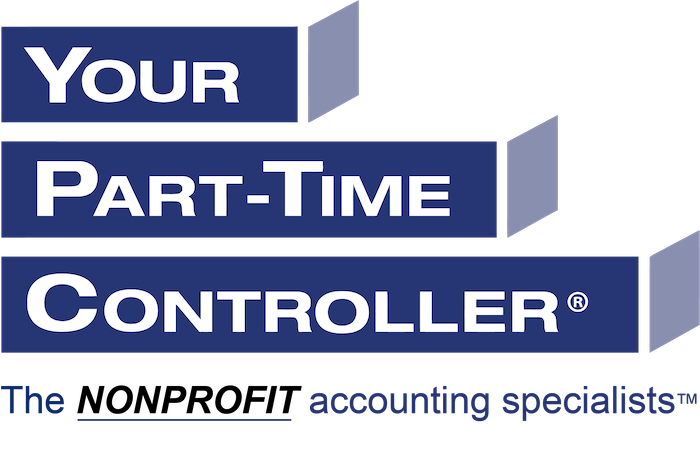
George H. Stout Jr., Manager
(215) 525-3121
[email protected]
www.yptc.com
For nearly 30 years, Your Part-Time Controller has focused exclusively on helping nonprofit organizations with their accounting, financial reporting, and financial management. YPTC works on-site or remotely, with all types of nonprofit organizations.
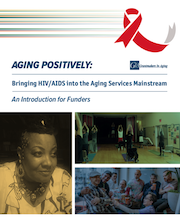
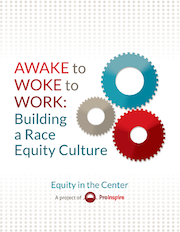
This report from the TCC Group finds that the flexibility, nimbleness, and willingness to collaborate demonstrated by the philanthropic sector over the past year in response to a rapidly changing policy environment could serve as a model for the sector going forward.
Based on interviews with nearly thirty leaders of philanthropy-serving organizations (PSOs), this report found that in the first year of the Trump administration, PSOs and funder collaboratives were called on to keep funders well informed of policy changes. To that end, PSOs have played a critical role in enabling funder learning, dialogue, and action, and have helped accelerate important funder conversations in the areas of diversity, equity, and inclusion; the need to think beyond issue silos; and the foundational benefits of creating space for dialogue across political and ideological divides through nonpartisan civic engagement.
The report also notes that while some funders have remained cautious, taking a "wait and see" approach to how national political changes might affect their grantmaking priorities, a greater number have been moved by rapidly changing policies to consider aligning their "institutional voice" with other grantmakers to maximize their impact.
A new nonpartisan resource, Foundation Funding for U.S. Democracy, provides data about foundations and their democracy-related grantmaking in a structured, contextualized, and visual format. Foundation Funding for U.S. Democracy was created through a partnership of eight funders in the field, including the Rita Allen Foundation, and is being developed by the Foundation Center.
The tool allows funders, nonprofits and other interested parties to sift through data on the $1.7 billion (and counting) granted by foundations to strengthen civic engagement in the United States since 2011. For the first time, we have an open tool for visualizing who gave how much to whom for what. While the tool and the data will continue to develop, it already gives a tremendously useful view of opportunities for greater partnerships and knowledge in the field—both for funders and for the organizations, small and large, established and emerging, working to strengthen our democracy. As Kelly Born of the Hewlett Foundation, another of the project partners, writes in a post introducing the tool: “As useful as this data set and visualization will be for foundations already working in the field or new funders considering entering it, the real killer app for this work will be to help grant seekers.”
Mayor Ras Baraka has announced a second round of funding through the city's Creative Catalyst Fund that will provide artists and art groups with flexible grant support during the coronavirus crisis and beyond.
In January 2020, Mayor Baraka announced a broad vision for the city's cultural sector that encourages equitable funding for the arts and the kind of investment that will help sustain the creative community and grassroots arts organizations. The Creative Catalyst Fund launched in April 2020, in the early part of the COVID-19 crisis that took an enormous financial toll on the creative sector.
"Newark has been a center for the arts throughout its history," said Mayor Baraka. "COVID-19 has severely impacted our arts community – creating economic loss for artists and galleries. It has also provided them with a new canvas of experiences to document creatively. It is both a moral and economic imperative for us to support our local arts community by helping them regain their footing and continue to curate and tell the stories of Newark and its people."
The Trenton Arts Fund at the Princeton Area Community Foundation has awarded a total of $25,000 in grants to eight nonprofits working to make the arts more accessible to the community.
The Trenton Arts Fund was created in 2018 by John Hatch and his husband, David Henderson, to support arts, culture and history organizations because they believe that when the arts thrive, cities thrive. A seven-person grants committee, whose members live locally and have a background in the arts, reviewed and evaluated all applications and recommended funding eight finalists.
“Our goal was to support emerging and established arts, culture and history organizations in Trenton as they reopen and emerge from the COVID-19 pandemic,” said Hatch. “We also wanted to support and recognize those organizations that focus on our young people in the city. The Trenton Arts Fund received many excellent applications, and we are thrilled to support these eight organizations that are doing extraordinary work in Trenton, bringing the arts to all corners of the city.”
The Rippel Foundation, a national nonprofit operating foundation focused on health system transformation, is pleased to announce grants to nine organizations working to advance health and well-being in New Jersey and other local communities. Nominated by the Rippel Board and staff members, each organization has received $25,000 in unrestricted funds, which will be used toward general operating and programmatic support.
“As an operating foundation, Rippel is particularly delighted to be able to provide support to organizations that are advancing equitable, sustainable approaches to health and well-being in their communities. These organizations embody the principles and culture of stewardship that Rippel is dedicated to promoting—creating the conditions that all people need to thrive by focusing on vital conditions like access to care, stable housing, food security, a healthy environment, employment, and educational opportunity,” said Laura Landy, president and CEO of The Rippel Foundation. “Rippel has a 70-year history and strong roots in New Jersey, and our work has had a transformative impact on communities throughout the nation. It is gratifying to know that these funds will contribute to the well-being of our neighbors here in our own backyard as well as residents in other deserving local communities.”


